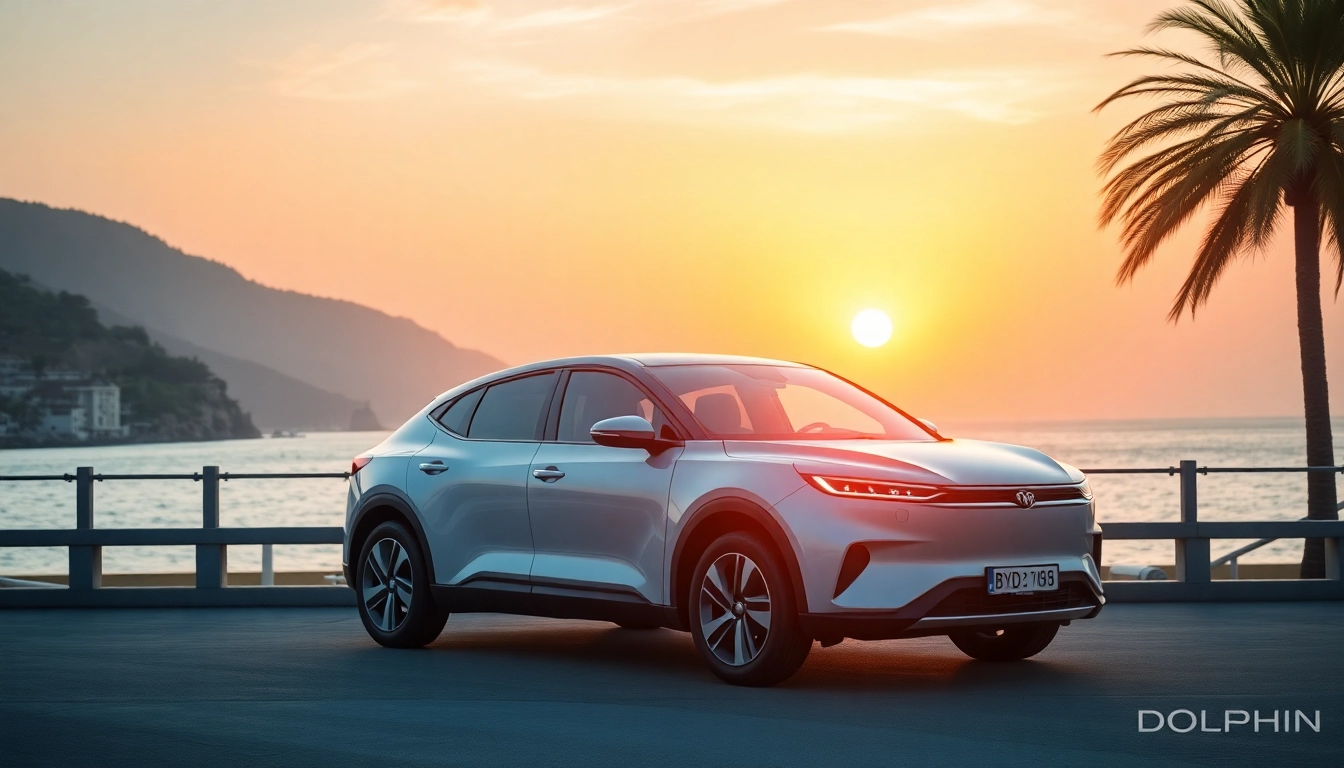Understanding What Makes the Perfect Car
Finding the perfect car can often feel like searching for a needle in a haystack, especially with the vast number of options available in the market today. A vehicle is not merely a mode of transport; it should align with your lifestyle, preferences, and budget. In this section, we delve into the essential aspects that help you define what the perfect car means for you personally.
Defining Your Needs and Preferences
The very first step in the journey to finding your perfect car involves introspection. It’s crucial to identify your specific needs. Consider these factors:
- Daily Commute: How often do you drive, and how long is your daily commute? A compact or fuel-efficient car may serve better for city driving.
- Family Size: Bigger families may need larger vehicles like SUVs or minivans, while singles might opt for sportier options.
- Driving Environment: Assess whether you will be driving in urban settings, rural areas, or a mix of both, which informs the type of vehicle you might need.
- Personal Style and Preferences: Do you have a penchant for luxury, sportiness, or practicality? Your tastes play an important role in selecting a vehicle.
Evaluating Vehicle Types and Features
Once you’ve defined your needs, the next step is to explore various vehicle types that fulfill your criteria:
- Sedans: Efficient and great for daily commutes, sedans often provide good fuel economy and comfort.
- SUVs: Offering ample cargo space and versatility, these vehicles are perfect for families or adventurous outings.
- Trucks: If towing or heavy lifting is part of your daily routine, a truck might be ideal.
- Electric Vehicles (EVs): As eco-friendliness becomes paramount, exploring EVs is essential if sustainability is part of your value system.
As a part of vehicle evaluation, it’s also essential to consider features that are essential for you, such as safety ratings, fuel efficiency, and technology integration.
Benchmarking Against Competitors
Once you’ve shortlisted a few options based on your criteria, it’s time to benchmark these vehicles against competitors. Perform comparisons based on:
- Specifications: Compare engine performance, fuel economy, and safety features.
- Pricing: Analyze the price point of each vehicle and include potential financing options.
- User Reviews: Explore customer testimonials to gain insight into the ownership experience for each competitor’s vehicle.
Researching the Best Options for Your Perfect Car
The digital age has revolutionized how we shop for cars. Researching options for your perfect vehicle can be done deftly through multiple online resources. Here’s a closer look at effective strategies for research.
Utilizing Online Car Finders Effectively
Car finding tools, such as Kelley Blue Book’s car finder, allow you to filter through a vast array of features, models, and specifications ensuring you discover vehicles that meet your precise criteria. Begin by:
- Setting Your Filters: Customize searches based on your needs such as price range, fuel type, and body style.
- Saving Searches: Keep track of vehicles that interest you, allowing you to revisit them without starting from scratch.
Reading Reviews and Testimonials
Research becomes notably more impactful when you dive into customer reviews and expert testimonials. Look for:
- Consumer Reports: These are often comprehensive and provide a full picture of reliability, satisfaction, and value.
- Video Reviews: Platforms like YouTube offer a plethora of video reviews that showcase the vehicle’s performance and features in real-world scenarios.
Comparing Prices and Deals
Getting the best deal necessitates due diligence in price comparison. Consider the following strategies:
- Checking Multiple Dealerships: Visit various dealerships to get a sense of competitive pricing structures.
- Evaluating Trade-In Offers: If you’re looking to sell your current vehicle, ensure you get competitive trade-in offers.
Test Driving: The Key to Choosing Your Perfect Car
Reading reviews and researching options inevitably leads up to the test drive, which should not be overlooked. This is where intuition and practical experience come into play when selecting your perfect car.
Preparation Tips for a Successful Test Drive
To get the most out of your test drive, consider these preparation tips:
- Schedule Appointments: Call ahead to check the availability of the vehicle you intend to test drive.
- Prepare Questions: Ask questions regarding the vehicle’s history, potential recalls, or any specific features that matter to you.
Evaluating Performance and Comfort
During the test drive, pay careful attention to:
- Handling: Does the car respond well to steering and braking?
- Comfort: Assess the seating position, legroom, and ride quality.
- Noise Levels: Examine how much external sound reaches you within the car at various speeds.
Identifying Quality and Safety Features
Safety features are paramount in vehicle selection. Make sure to check for:
- Active Safety Features: Look for technologies like lane assist, adaptive cruise control, and emergency braking capabilities.
- Crash Test Ratings: Review the vehicle’s safety ratings from recognized safety authorities to ensure it meets high safety standards.
Financing Your Perfect Car: Options and Strategies
Once you’ve found your perfect car, the next step is financing. Understanding the financing landscape is crucial to making the best decision.
Understanding Different Financing Methods
Your options include the following:
- Cash Purchases: If you can afford to pay in full, this route eliminates financing costs entirely.
- Loans: Consider bank loans or dealership financing, but be sure to review interest rates and terms.
- Leasing: Leasing allows lower monthly payments and often includes maintenance, but you never own the vehicle.
Negotiating the Best Price
Negotiation is an essential skill you should employ when finalizing your car purchase. Observe these strategies:
- Research Market Prices: Have a grasp of what similar vehicles sell for in your area.
- Be Confident but Respectful: Engage in negotiations with a firm yet courteous attitude to ensure a positive interaction with the dealer.
Considering Insurance and Maintenance Costs
After securing financing, do not forget to budget for insurance and maintenance costs. Both can vary widely based on several factors:
- Insurance Rates: Research potential insurance rates based on the vehicle’s model and safety ratings.
- Maintenance Records: Check the manufacturer’s reputation for reliability and the long-term cost of ownership.
Post-Purchase: Maintaining Your Perfect Car
Your journey to owning the perfect vehicle doesn’t end with the purchase itself. Proper care and maintenance ensure your investment lasts. Here’s how to keep your vehicle in top shape.
Essential Maintenance Tips
Establish a maintenance schedule that includes:
- Regular Oil Changes: Follow manufacturer recommendations for timely oil changes.
- Tire Rotations: Ensure your tires are rotated and balanced to prolong their lifespan and improve fuel efficiency.
- Brake Inspections: Monitor brake performance and have them inspected regularly.
Upgrades and Customizations
As time progresses, consider making upgrades that enhance your vehicle’s value and your driving experience, such as:
- Upgraded Audio Systems: For music enthusiasts, enhancing your audio system might be a priority.
- Performance Enhancements: If you enjoy driving, consider performance upgrades to optimize your vehicle’s capabilities.
Building a Relationship with Your Dealership
Lastly, cultivating a relationship with your dealership can benefit you in multiple ways:
- Future Services and Maintenance: Having a reliable go-to service for maintenance can give you peace of mind.
- Potential Trade-In Deals: A good relationship can make your next upgrade process smoother when you’re ready for a new vehicle.



